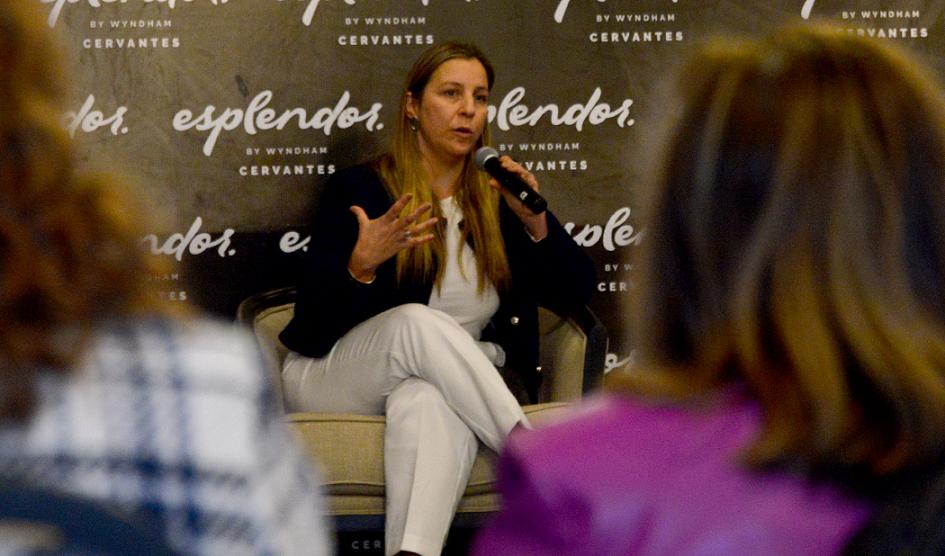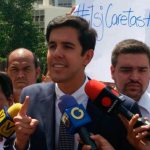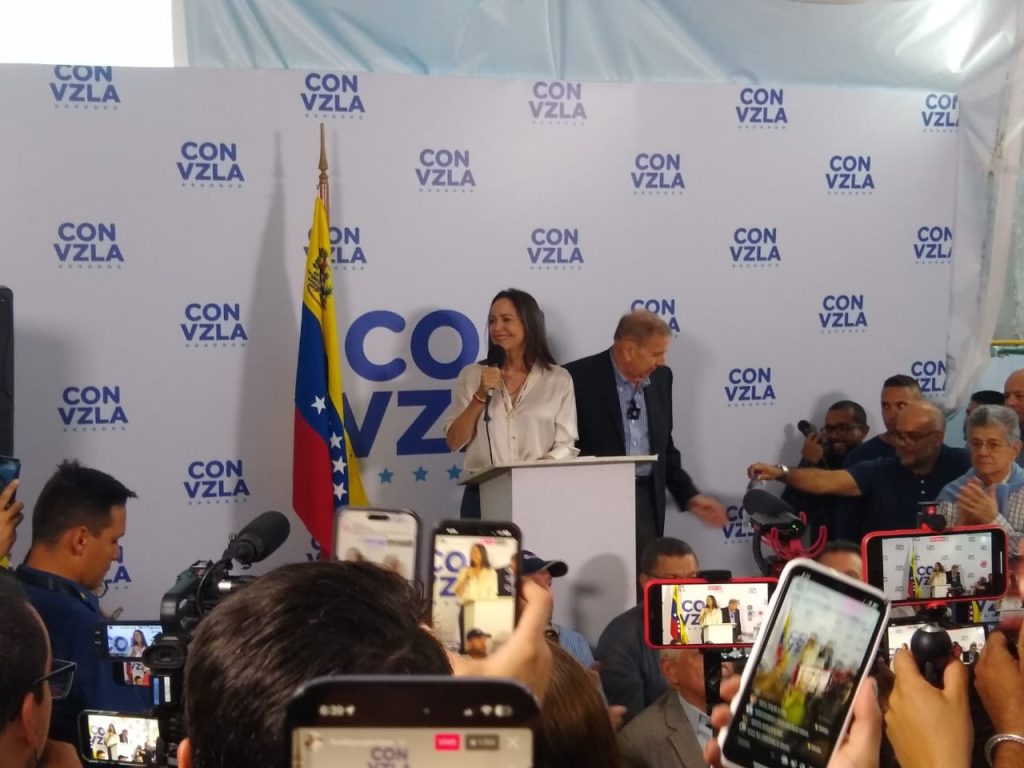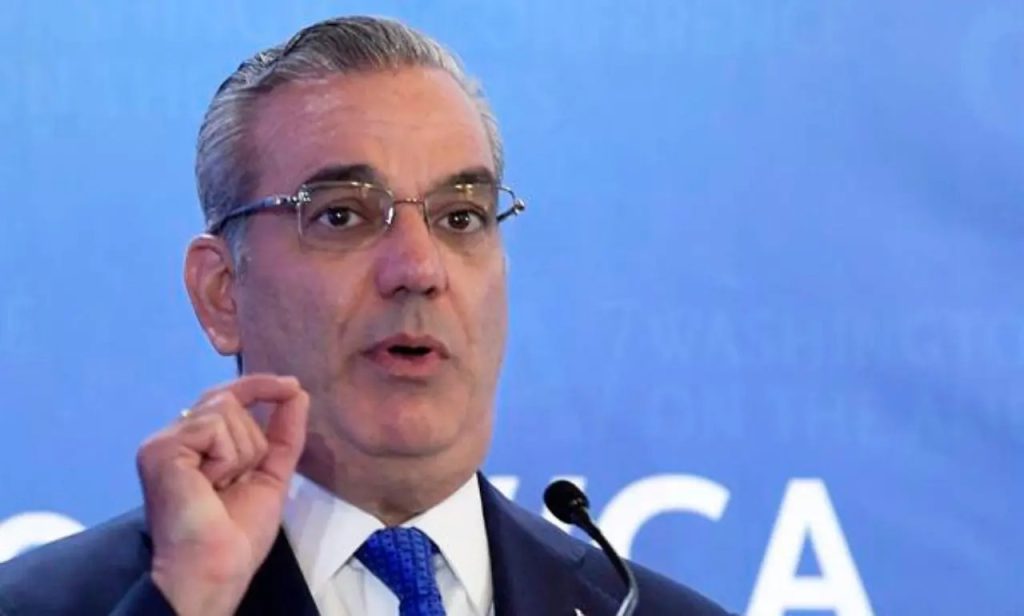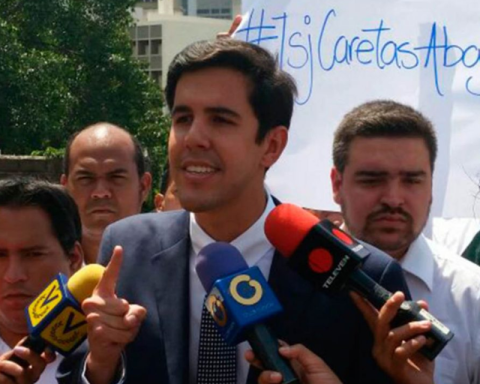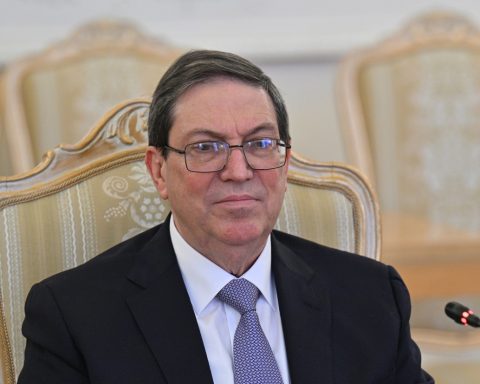MIDES promoted a discussion focused on challenges
“Childhood policies are economic, gender and care policies,” said the National Director of Social Development, Cecilia Sena. The official reviewed public policies on the subject and highlighted the convergence and dialogue between delegates from the public and private sectors in order to generate specific proposals for early childhood and develop a comprehensive response to address it.
The head of the Ministry of Social Development (MIDES), Alejandro Sciarra, participated in Montevideo in the Dialogues of Today for Tomorrow discussion group, organized by the Ministry of Social Development, through the National Directorate of Social Development, together with the Uruguayan Agency for International Cooperation (AUCI).
The organizers of the meeting set themselves the goal of encouraging critical reflection on what has been done regarding early childhood and the challenges facing the country. Government representatives, representatives of the political sphere and organized civil society, businesspeople, professionals and academics participated.
Sena stated, in a press conference, that the discussion sought to establish a dialogue to generate specific proposals among those involved in the issue. She added that the ministerial leadership team considered which other delegates needed to be invited in order to develop a comprehensive response to address early childhood. She stressed that “childhood policies are economic, gender and care policies.”
In his speech, he recalled the implementation, in 2022, of the Bono Crianza (Childcare Bonus), aimed at the 30,000 poorest households with pregnant women and children up to 4 years old, through which 2,000 pesos per month per child are transferred to them through the Uruguay Social card. Added to this is the Social Bonus for Electric Energy, consisting of a discount on the amount of the bills of the most vulnerable households, which covers more than 200,000 households. Regarding this point, Sena said: “These are not numbers that make us proud, but we have to work to lower them and make sure that it is not structural.”
“There is another type of poverty that is not measured by money and that has to do with the realities of these families, with their coexistence, with situations of violence in their homes. It speaks of another type of poverty that cannot be solved with transfers,” he said. Here, there was another decision to invest in strengthening territoriality, support, health checks for pregnant women, food and promotion so that the environment is appropriate for the birth of a child, he added.
During the meeting, preliminary results of the Nutrition, Child Development and Health Survey were presented, a survey that included 141 children up to 4 years old in localities with more than 5,000 inhabitants. The study revealed that 59% have food security, 25% mild food insecurity, 12% moderate and 3.6% severe. Regarding obesity rates, 42% are overweight, 11% are overweight and 3.3% are obese. Regarding overall child development, the report indicates that 89% of children in this age group achieve good development and 11% need follow-up care.
